Responsibilities
Developing Objectives and Strategies:
- Plans a comprehensive mental health treatment program, including evaluation and diagnosis, detailed treatment planning, and extensive service.
Evaluating Information to Determine Compliance with Standards:
- Evaluates various clinical documentations and services to ensure compliance with professional, state and federal standards.
Making Decisions and Solving Problems:
- Develops treatment strategies to effectively address challenging and unique treatment needs.
Assisting and Caring for Others:
- Provides crisis intervention services for individuals.
- Provides individual, group, and other therapy to improve behavioral health and/or mental health.
Guiding, Directing, and Motivating Subordinates:
- Supervises the clinical work of professional, sub-professional, and nonprofessional personnel.
Getting Information:
- Administers tests to individuals to collect information needed to make an appropriate evaluation and diagnosis.
- Observes individuals to obtain information relevant to their physical, emotional, cognitive, and social functioning.
- Interviews various individuals to collect information necessary to perform specific types of evaluations.
Judging the Qualities of Things, Services, or People:
- Evaluates the quality of work of service providers to determine whether corrective action is needed.
Monitoring and Controlling Resources:
- Controls the use of resources relevant to psychological services by determining whether or not services are warranted.
Interpreting the Meaning of Information for Others:
- Testifies as an expert witness to provide information relevant to an individual’s case.
- Explains biopsychosocial constructs to help others understand mental health and more effectively provide care.
Provide Consultation and Advice to Others:
- Serves as a psychological resource person in evaluating and identifying problems, in developing detailed and coordinated treatment plans, and in conducting a wide variety of individual and group therapeutic and habilitative activities.
Documenting/Recording Information:
- Writes detailed clinical notes and reports to document services provided.
Establishing and Maintaining Interpersonal Relationships:
- Maintains professional working relationships with peers, with assigned subordinates, and with upper management to ensure smooth and effective team operations.
Analyzing Data or Information:
- Analyzes and interprets behavioral and mental health data to monitor progress and plan treatment.
- Analyzes quality improvement, benchmarking or other data relevant to the performance and improvement of the agency to identify trends and/or determine improvement needs.
Communicating with Supervisors, Peers, or Subordinates:
- Conducts and participates in diagnostic and evaluative staff meetings to discuss diagnoses, etiology, treatment, and disposition.
Processing Information:
- Enters appropriate diagnostic codes into clinical documents.
Communicating with Persons Outside Organization:
- Performs personal contact work with a variety of other individuals, groups, agencies, and other entities in explaining, interpreting and furthering programs.
Resolving Conflicts and Negotiating with Others:
- Resolves simple conflicts without supervisory input to ensure timely and efficient performance and to maintain positive working relationships.
- Maintains a respectful and productive work environment within the assigned work unit to minimize disputes and facilitate performance.
Coaching and Developing Others:
- Instructs professional, sub-professional, and nonprofessional personnel in the theories, practices, and techniques employed in psychological services programs.
Organizing, Planning, and Prioritizing Work:
- Independently plans and prioritizes work in order to meet deadlines.
Coordinating the Work and Activities of Others:
- Coordinates and leads clinical meetings.
- Coordinates workloads with internal and external business partners as required to facilitate timely and accurate task completion.
Updating and Using Relevant Knowledge:
- Applies evidence based practices in the delivery of psychological services.
- Reads professional literature to keep up to date on community best practices.
- Attends various continuing education seminars relevant to work in order to maintain licensure.
Performing Administrative Activities:
- Completes relevant forms as required to accomplish professional responsibilities.
Staffing Organizational Units:
- Conducts interviews for job candidates to assist in the selection and hiring process.
Training and Teaching Others:
- Conducts training classes relevant to mental health issues to educate others.
